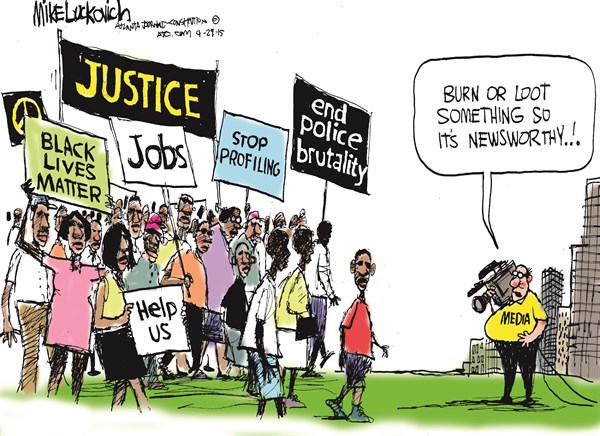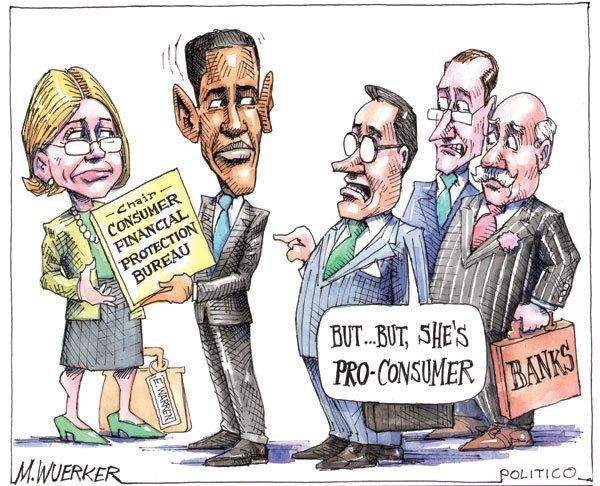(Editor’s
note: This is the first article in a two part series on how we resolve complex problems here in America under our democratic system.)
How
do we keep our American core values in a continuous state of progress? Is it prudent to charge ahead
proactively? Or should we delay and react passively to conditions?
Fortunately, the founding fathers provided the ship (our federal government) with a precise yet sophisticated system of navigation. Over the succeeding generations, the problem of forming a more perfect union came to be simplified to one main consideration: whether and when to steer the ship (Hamilton) --- or simply to drift (Jefferson).
The stated goal has never varied much, an
equality of opportunity for
all citizens, regardless of status, with special privileges to none. When that equality was at risk, it was time to
steer. Once achieved, it was time to
leave it alone and drift. The aim was “a
better quality of human nature effected by a higher type of human association.” Its foundation was “mutual confidence and
fair dealing.”
But some say Hamilton was guilty of over-steering, to
the extent that his capitalist system is dogged by the ill effects of preferred
status, unscrupulous competition and selfish materialism. Others say Jefferson ’s fundamental principle gave rise to an indiscriminate individualism, fatal “to both the essential individual and
the essential social interest.”
Over-drift was akin to abandoning ship.
Yet liberty and equality of opportunity, each a desirable principle, are often at
odds. Insofar as equal rights are freely
exercised, they are bound to result in inequalities, made to be perpetual. The “marriage,” which the free exercise of
equal rights is designed to consecrate between liberty and equality, “gives
birth to unnatural children, whose nature it is to devour one or the other of
its parents.”
Consequently, the principle of equality of
opportunity cannot
be “confined to the merely negative task of keeping individual rights from
becoming in any way privileged.” It must
go further. The nation’s task in its
collective capacity must progress to a selection among the “various prevailing
ways of exercising individual rights” those which contribute to national and
individual integrity.”
As a threshold matter, whether and when to
steer the ship demands a national
consensus. But when does an issue become
national, requiring centralized action?
To be sure, there were those in the 19th century who believed
that human bondage was merely a local issue which failed to meet the
threshold. Others in the 20th
century believed similarly in the throes of economic depression. When is the line crossed wherein action in
one’s own best interest is in fact unreasonable?
Such is the suspicion of reasonable men to
subject themselves to the corruptive and abusive effects of political power
unacceptably concentrated. Better to
stall and prostrate the legitimate legislative function with a jammed circuit
board of competing economic special interests.
Better yet to neuter the executive function, while decrying the
judiciary to stick to legal interpretation and refrain from activist law
making.
Perhaps human nature is such that there will
be those who deem the ship to be in a safe port, sheltered from
 the storm,
where steering is not necessary.
Just as soon as there will be others who, with a sense of alarm, see the
same ship as careening toward a direct confrontation with rocky shoals or the
Titanic’s iceberg. Perhaps there can be
no effective reconciliation between these contrasting visions.
the storm,
where steering is not necessary.
Just as soon as there will be others who, with a sense of alarm, see the
same ship as careening toward a direct confrontation with rocky shoals or the
Titanic’s iceberg. Perhaps there can be
no effective reconciliation between these contrasting visions.
All the while, the pendulum swings back and
forth. We steer, then drift.
The process repeats itself. Each
cycle brings us arguably closer to a more perfect union.
(Editor’s
note: The second and final part in this two part series contemplates how our society
can steer its way back to good health, given a record level of wealth disparity. By moving too suddenly, the danger of uprooting any essential element
of the national tradition would come at a severe penalty, as ordinary citizens
discovered when they decided to cut slavery out of their national composition.)
-Michael D'Angelo



